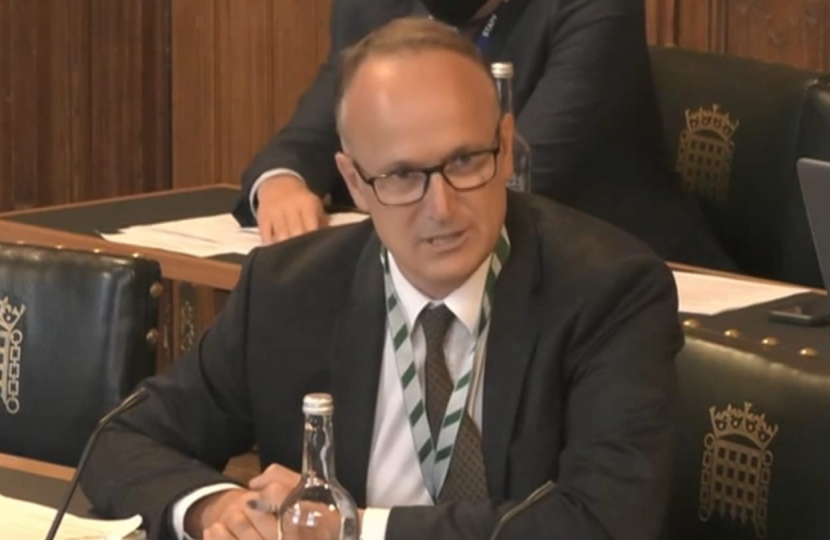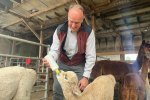
The Environment Food and Rural Affairs (EFRA) Committee has asked the new government to re-consider a “disappointing” response to its report on the impact of the Australian free trade agreement (FTA) on the UK food and agriculture sector.
- Correspondence from the Chair to Defra and Department for International Trade concerning the Government's response to the committee's Australia Free Trade Agreement report
- Environment, Food and Rural Affairs Committee
The Chair of the EFRA Committee, Sir Robert Goodwill MP, said
“The previous government had not addressed the report’s central recommendation - that the government commit to core standards on issues such as food safety and animal welfare for produce entering the UK.”
In a letter to the new Secretaries of State for the Departments for International Trade (DIT), Kemi Badenoch MP, and Environment, Food and Rural Affairs (DEFRA), Ranil Jayawardena MP, the EFRA Committee said the previous government response had been to restate that the Australia FTA would not lower the standards that UK producers have to meet.
The previous government’s response, the EFRA Committee said, did not engage with the central concern of UK farmers and producers about food and drink entering the UK which were made to lower standards and therefore cheaper, thus disadvantaging UK producers.
Dr Neil Hudson, MP for Penrith and The Border, and Member of the EFRA Committee said,
“The Government’s response to our EFRA Committee Report on the Australia Free Trade Agreement was incredibly disappointing and unsatisfactory. We have been clear that core standards of animal welfare must be baked into these agreements. It is so important that our fantastic UK farmers are not compromised and undercut by produce that is cheaper to produce to lower standards. We are looking to the new Government to address our concerns. It is absolutely critical that trade deals are balanced and benefit both partners equally; currently that is not the case and the Australia and New Zealand Deals are one sided and not of equal benefit to the UK.”
This was particularly concerning, because a similar approach to future trade agreements with larger food exporting countries – such as Brazil and the USA – could have a much greater impact on the UK than the Australia FTA.
The EFRA Committee asked the Secretaries of State to review and update the government response to the EFRA Committee report in order to reassure UK farmers and food producers that their concerns are being listened to.
Specifically, they asked the government to:
- commit in the Agriculture, Food and Drink Exports Council trade strategy to increase UK food and drinks exports by at least £278m – the expected loss to the sector from the Australia FTA;
- expand the government’s agri-food Trade Advisory Group to provide it with more expertise on animal welfare, health and the environment; and
- provide additional resources to the Trade and Agriculture Commission to produce advice on trade agreements.
Finally, the EFRA Committee encouraged the two Secretaries of State to work closely together on future trade deals, with DEFRA alerting DIT at an early stage of differences in regulatory or farming practices that could be harmful to the UK’s competitiveness.





